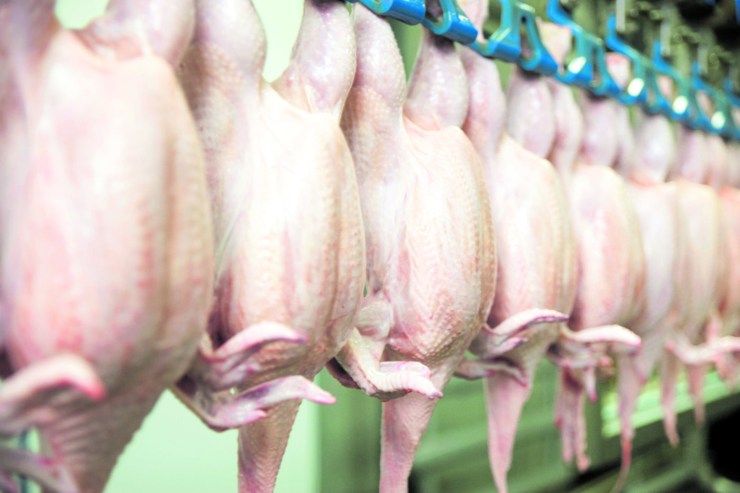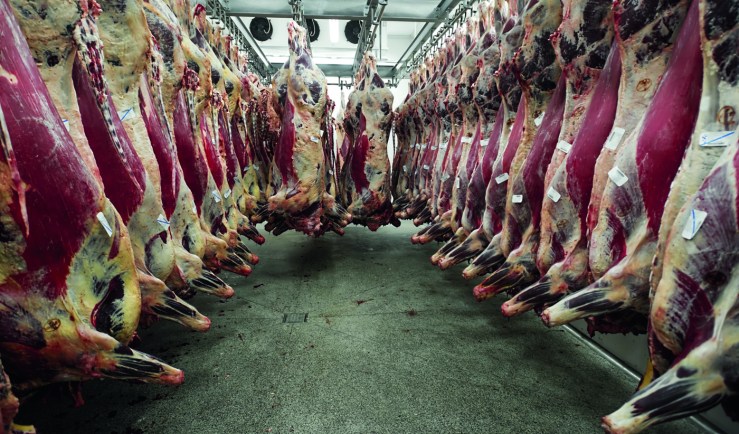Vice President and Minister of Development, Industry, Commerce and Services, Geraldo Alckmin, estimates that 35.9% of Brazilian exports to the United States could be affected if the measures announced by the American government are implemented, already considering the approximately 700 products that were left off the list of the 50% tariff increase against Brazil.

Vice President and Finance Minister Geraldo Alckmin: "We will defend the 35% of exports that were affected. We will focus on these 35% and preserve jobs, conducting studies targeting these hardest-hit sectors." – Photo: Valter Campanato/Agência Brasil
Alckmin emphasizes that the government will act to mitigate the impact on the affected sectors, especially to ensure job preservation. "We will defend the 35% of exports that were affected. We will focus on these 35% and preserve jobs, conducting studies targeting these hardest-hit sectors," he emphasized.
In a letter sent to the Brazilian government on July 9, US President Donald Trump announced that Brazilian exports to that country would be taxed at 50% starting August 1. Last Wednesday (30), the US government softened the tone by postponing the start of the taxation until August 6, in addition to presenting a list with around 700 exceptions, covering products that, if not available, could have a negative impact on the economy of that country.
The products on the list include orange juice and pulp, fuels, minerals, fertilizers, and civil aircraft, including their engines, parts, and components. Also excluded from the tariff increase were wood pulp, cellulose, precious metals, energy, and energy products.
The list, however, does not include coffee, fruit, and meat. All of these will be taxed at 50%. "Sometimes you have a sector that sells 90% domestically (for domestic consumption) and exports only 10%. In this case, it is less affected. Now, you also have sectors that export half of their production. And, within that half, 70% is to the United States. So, it is severely affected," he added.
Action plan
According to Alckmin, the government already has an action plan “practically ready,” focused on preserving jobs and production. “It is still

Photo: Shutterstock
under analysis because only yesterday were some details of the tariff presented.
He explained that President Lula will still make his decision, and that the plan will have some financial, credit, and tax impacts, but that it won't leave anyone in the lurch. "First, we will fight to reduce the 35.9% that were effectively affected by the 50% tariff. We're not considering this a closed matter. Negotiations will continue. They didn't end yesterday [with the latest US announcement]," he explained.
"Secondly, we will seek market alternatives; and thirdly, we will support sectors that need support, such as fish, honey, and fruit," he added.
Alckmin said the government intends to expand the list to include other fruits, as well as beef. "They mentioned mangoes, for example. But apparently they forgot. Let's remind them."
New markets
The focus, he reiterated, is to seek markets so as not to harm producers, thus avoiding a decline in production due to a lack of markets. "Brazil accounts for, in round numbers, 2% of the world's GDP. Therefore, 98% of trade is abroad. We have to pursue this in the agricultural sector. It's worth remembering that we've opened 398 new markets. We are a key player in food, energy, and climate change," he argued.

Photo: Allan Santos/PR
He added that, after a long period of isolation, Mercosur recently reached excellent agreements with Singapore last year; and that another agreement with the European Union is expected to come into effect later this year. "This Mercosur-European Union trade agreement will involve 27 of the world's richest countries. This is in addition to four others with Norway, Switzerland, Iceland, and Liechtenstein, which are also wealthy but not in the European Union. These agreements will greatly benefit Brazilian foreign trade," he added.
Sovereignty
Alckmin also emphasized that national sovereignty, for the government, is non-negotiable. "Especially because one branch of government cannot interfere with another. It's worth remembering that President Lula was imprisoned for a year and a half and never intended to overthrow democracy or the judiciary," he emphasized.
Alckmin said that Lula met yesterday with Supreme Court justices, and that a document was prepared in response, reaffirming the separation of powers in Brazil; and that such external interference, such as that attempted by the US, goes against democracy and the rule of law. "Imagine if the US Supreme Court had indicted a former president [of that country] and Brazil said that [because of this] it would increase tariffs on American products entering the country, simply because it didn't like the decision," questioned the Brazilian vice president.
According to Alckmin, the government has been in talks with North American authorities and also with representatives of so-called big tech (technology companies).





